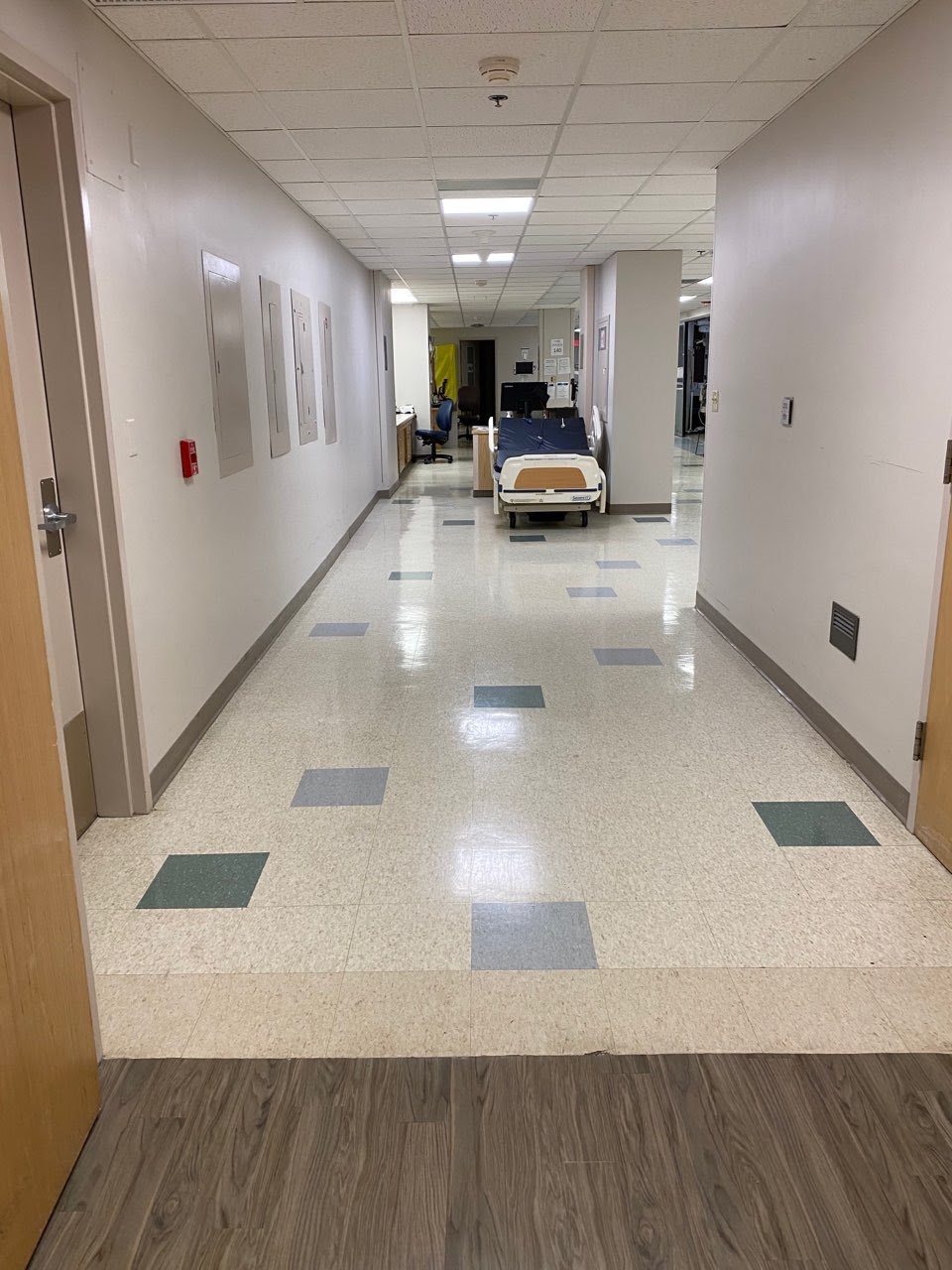
Kaiser employees want $25 minimum wage and 7% annual pay increases to keep up with inflation
In 2019, Kaiser negotiated a contract with the union. That contract expired on September 30, 2023. Kaiser proposed a wage increase from 2 to 4 percent, but the union found that offer to be an “offensive raise proposal” that does not adjust for the current inflation rates. The union claims that Kaiser engages in “unfair labor practices” and warns that the workers are prepared to engage in another “longer, stronger strike in November.”
Kaiser workers insisted on a $25 minimum hourly wage, with a 7 percent increase each year for the first two years, followed by a 6.25 percent raise increase for years three and four. Kaiser executives could only guarantee hourly minimum wages ranging from $21 to $23, depending on the location. This wasn’t good enough. In a September 22 statement, the union called Kaiser’s offer an “offensive raise proposal that fails to keep up with the cost of living for anyone.”
That same day, the union sent a 10-day notice to Kaiser Permanente executives, warning of a major strike by October 4th, if a better contract was not presented and agreed upon. The two parties did not make a formal agreement, and so the historic healthcare strike began on October 4th as promised. The strike is scheduled to last for four consecutive days ending on October 7, at 6 AM. Hundreds of healthcare facilities will be affected, and disruptions in healthcare are likely to occur, especially in California hospitals. Kaiser operates 39 hospitals and 600 medical offices, serving approximately 13 million patients and employing over 305,000 people. Kaiser is the largest nonprofit, private health care organization in the U.S. and its base of operations is in California.
More disruptions to healthcare are expected, as further staffing shortages harm patient outcomes
The historic protest involves some of the most important healthcare professionals, from EMTs to respiratory therapists, to home nurses, radiology, and X-ray technicians, among others. The sudden absence of these positions will cause serious disruptions to healthcare and hospital settings. Kaiser executives and management teams are already putting in contingency workers to fill the vacancies. These contingency workers may have less training, and the ensuing chaos will most likely hurt patient care.
In the states of Colorado, California, and Oregon, the strike’s effects on patients could turn out to be “more substantial,” said a Kaiser spokesperson, speaking with CNN reporters. The spokesperson said pharmacists and optometrists will be joining in on the strike in Virginia and in the District of Columbia. He reassured the public that physicians will still be available in the hospitals. “We have detailed continuity plans in place in all of these markets that include the use of non-represented and management staff along with contingency workers. In addition, all our physicians will be available.”
Hospitals are already short-staffed across the country, with scores of healthcare workers being wrongfully terminated or forced into early retirement due to the unlawful mandates from just a year ago. Some healthcare workers were harmed by the vaccines and struggled to return to work in an environment of deception and abuse.
Henry Perez, an intensive care unit secretary at Kaiser Permanente in Modesto, California, told the Guardian that staffing shortages are a key issue that cause problems for patient care. Mr. Perez said the staffing shortages already have him doing the work of two, three and sometimes four other unit assistants. The shortages cause long wait times for patients, leading to poor quality outcomes. In emergency situations, these longer wait times can lead to medical errors and wrongful death cases.
Sources include:
Please contact us for more information.






















